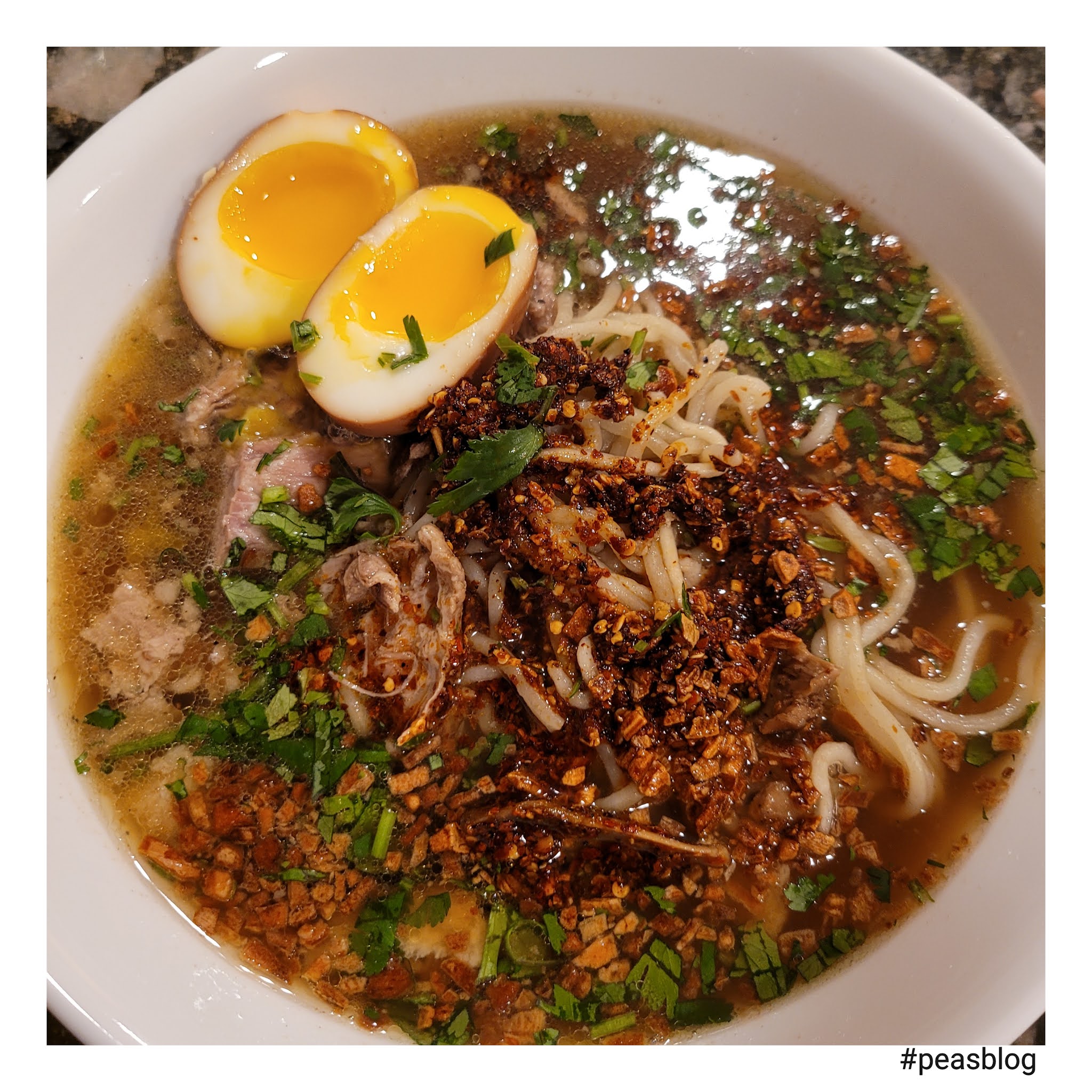Ramen noodle disease is a term that has recently gained attention, especially among health enthusiasts and food lovers alike. This peculiar condition, linked to the excessive consumption of instant ramen noodles, raises concerns about dietary choices and their long-term health implications. While ramen noodles are beloved for their convenience and affordability, their potential impact on health is becoming a topic of discussion.
Many people enjoy the savory taste and quick preparation of ramen noodles, but what happens when they become a staple in one’s diet? The phenomenon of ramen noodle disease serves as a wake-up call for those who might be neglecting their nutritional needs. Understanding the risks associated with a diet high in processed foods is essential for maintaining overall health and well-being.
As we delve deeper into the world of ramen noodle disease, we will explore what it entails, its symptoms, how it can be prevented, and what alternatives exist for a healthier lifestyle. By shedding light on this pressing issue, we hope to empower readers to make informed dietary choices and prioritize their health.
What is Ramen Noodle Disease?
Ramen noodle disease refers to health complications that may arise from a diet heavily reliant on instant ramen noodles. While it is not a formally recognized medical condition, it represents a growing concern about the nutritional deficiencies and health risks associated with consuming high quantities of processed foods, particularly those lacking essential nutrients.
What Are the Symptoms of Ramen Noodle Disease?
The symptoms of ramen noodle disease can vary from person to person, but several common indicators may suggest that one is experiencing health issues related to excessive ramen noodle consumption. These symptoms may include:
- Fatigue and lethargy
- Weight gain or loss
- Digestive problems such as bloating or constipation
- Increased cholesterol levels
- Nutrient deficiencies, including vitamins and minerals
How Does Ramen Noodle Disease Develop?
Ramen noodle disease typically develops when individuals consume instant ramen noodles as a primary food source, often neglecting a balanced diet. The high sodium content, lack of dietary fiber, and minimal protein levels in ramen noodles can lead to various health issues over time. Moreover, people may find themselves turning to these convenient meals during busy periods, leading to a cycle of poor dietary habits.
Who is Most at Risk for Ramen Noodle Disease?
Several demographics may be more susceptible to developing ramen noodle disease, including:
- College students and young adults who rely on cheap, convenient meals
- Individuals with busy lifestyles who prioritize convenience over nutrition
- People living in food deserts with limited access to fresh produce and healthier food options
What Can Be Done to Prevent Ramen Noodle Disease?
Preventing ramen noodle disease involves making conscious dietary choices and adopting healthier eating habits. Here are some tips to help minimize the risks associated with excessive ramen noodle consumption:
- Incorporate a variety of whole foods, including fruits, vegetables, whole grains, and lean proteins, into your diet.
- Limit the intake of processed foods and instant meals.
- Stay hydrated by drinking plenty of water instead of sugary beverages.
- Explore healthier alternatives to ramen noodles, such as whole grain or vegetable-based noodles.
Can Ramen Noodle Disease Be Reversed?
Yes, in many cases, ramen noodle disease can be reversed with proper dietary changes and lifestyle adjustments. By prioritizing a balanced diet and eliminating or significantly reducing the consumption of instant ramen noodles, individuals can improve their health outcomes and reduce the risk of related complications.
Are There Any Healthier Alternatives to Ramen Noodles?
When searching for healthier alternatives to traditional ramen noodles, consider the following options:
- Whole grain noodles
- Rice noodles
- Vegetable-based noodles, such as zucchini or spiralized carrots
- Homemade soups with fresh ingredients
What Are the Long-Term Effects of Ramen Noodle Disease?
If left unaddressed, the long-term effects of ramen noodle disease can be detrimental to one’s health. Chronic consumption of processed foods can lead to:
- Obesity and weight-related issues
- Cardiovascular diseases
- Diabetes and metabolic syndrome
- Gastrointestinal disorders
Conclusion: What Should You Take Away About Ramen Noodle Disease?
Ramen noodle disease serves as a reminder of the importance of maintaining a balanced and nutritious diet. While ramen noodles can be a convenient and tasty option, relying too heavily on them can lead to significant health issues. By understanding the risks associated with excessive consumption of processed foods, readers can make informed choices and prioritize their health. Exploring healthier alternatives and incorporating a variety of whole foods into one's diet will help mitigate the risks of ramen noodle disease and pave the way for a healthier future.
Unveiling The Inspiring Journey Of Emily Mar Young
Understanding Libra Zodiac Sign Dates: A Deep Dive Into The Balance Of The Scales
Discovering The Mysteries Of 20 Stycznia Znak Zodiaku


